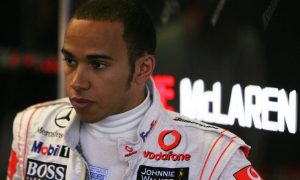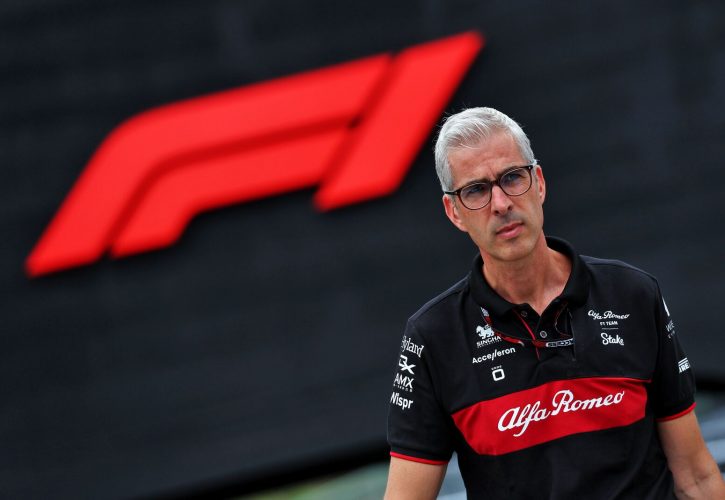
Sauber's transformation into the Audi Formula 1 works team in 2026 will continue to drive a significant expansion of the Swiss outfit’s workforce, according to managing director Alessandro Alunni Bravi.
With Audi's track record in motorsport and Sauber's expertise in F1, the partnership aims to shake up the Formula 1 landscape from 2026.
The ongoing expansion of the workforce at Hinwil is a testament to the team's determination to build a credible force in the sport capable in the long term of contending for race wins and championship titles under the Audi banner.
Saudi’s headcount had been dwindling in recent years due to financial constraints, reaching a low of just 220 employees prior to being acquired by Swedish billionaire Finn Rausing in 2017.
Rausing's investment and the team’s subsequent commercial partnership with Alfa Romeo fueled a period of growth, more than doubling the team's size by the end of 2023.
Read also:
This expansion received a further boost when Audi announced its takeover in August 2022, attracting even more skilled professionals to the team's ranks.
While many of these new hires are still bound by non-compete clauses with their former teams, they represent a significant influx of talent for the future Audi-Sauber partnership.
Alunni Bravi emphasizes that the priority is finding the right people to fill the expanding roles, even before investing in new facilities to accommodate them.
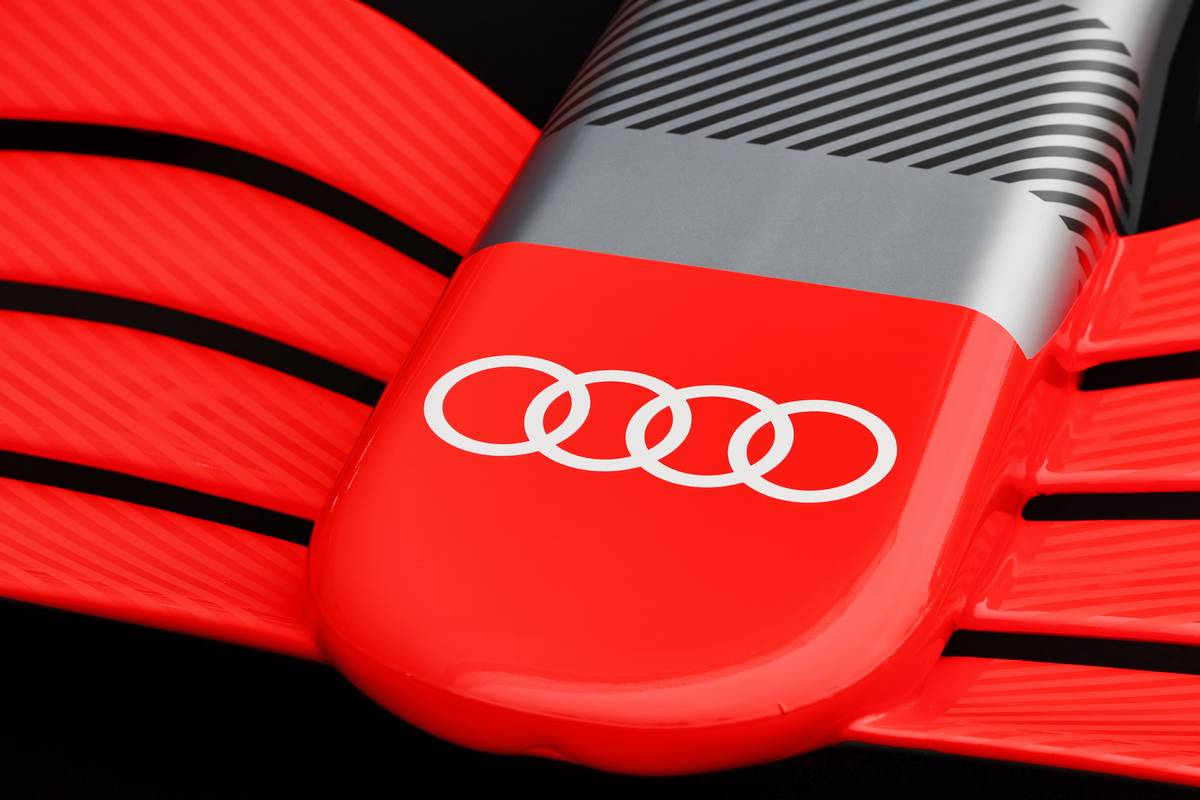
This focus on talent acquisition reflects Sauber's commitment to building a strong foundation for Audi's Formula 1 venture.
"We have undertaken an important recruitment plan,” commented Alunni Bravi, quoted by Motorsport.com. “Of course, the result of the plan will be more visible in the next few years, because with every new appointment normally you have a gardening leave period to join a competitor.
“So we started with the recruitment. Of course, we will ramp up our structure, both in terms of head counts, in terms of technology, in the next few years because all the investment that needs to be made and put in place requires also a bit of time.
“I always said that, financially speaking, there was no problem. We started our journey in 2017 when I joined the team with Fred Vasseur. We were around 220 people, and we have reached more than 500 people this year, and we will take a step in terms of headcount also next year.
“But it's a process that takes time, and each year there is a plan to expand our departments, our facilities, and of course, our staff.”
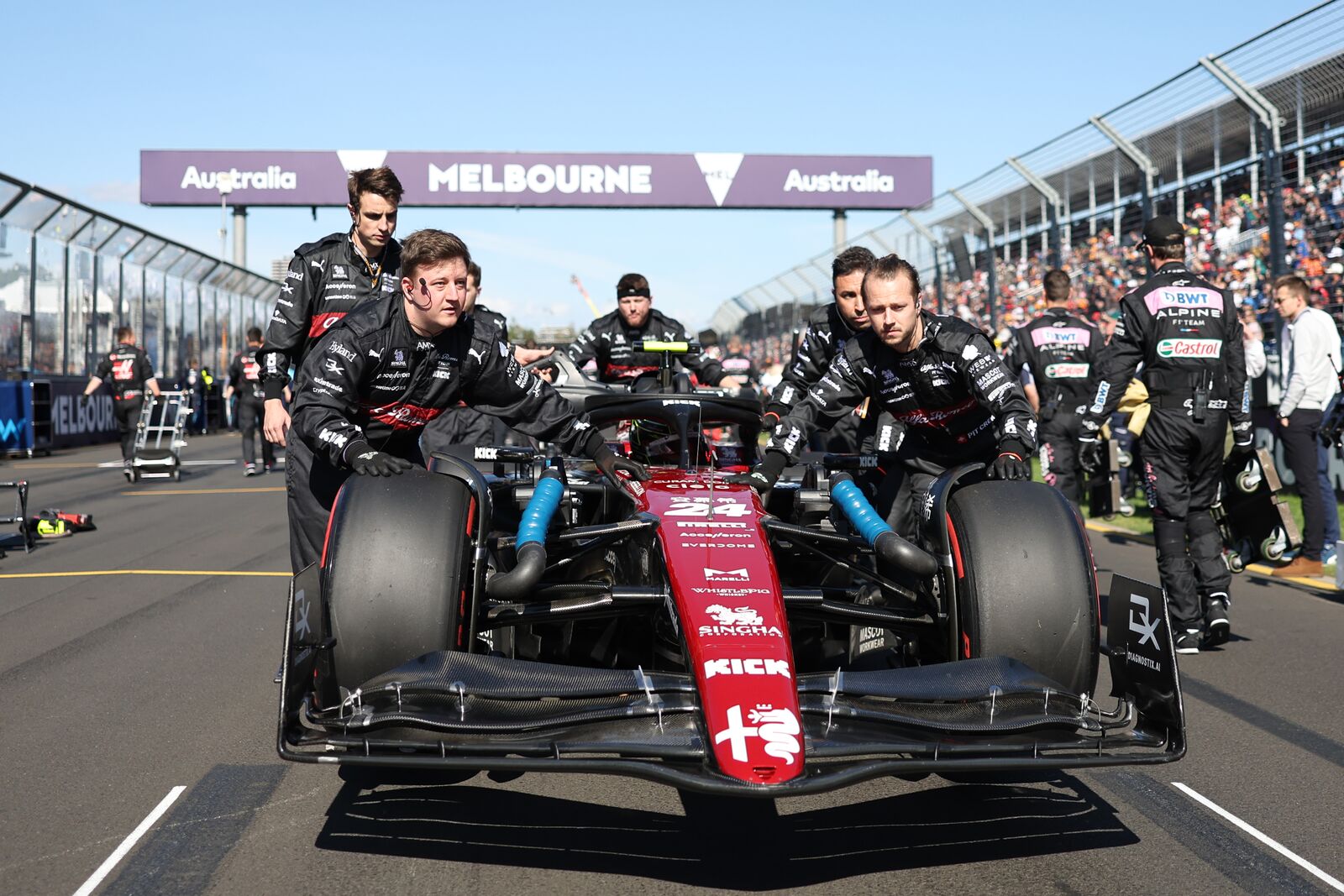
©Sauber
Alunni Bravi emphasized that Sauber’s investment plans are thoroughly discussed beforehand with Audi in accordance with Sauber’s current governance structure.
“I will say that there is a normal dynamic between the two shareholders, where all the investment plan for the future until 2030 at least is in discussion,” he said.
“And we are just working according to the governance in place. Of course, the governance will change according to the different steps in terms of acquisition that Audi will take. This is normal, as in any company where you have two shareholders."
Due to Formula 1’s stringent cost cap rules, Sauber and Audi are constrained on the investment front. However, the expanded capital expenditure awarded to mid-field teams by F1 and the FIA will benefit the team’s investment plans.
“We are the first ones to know that there is a step, a big step, that is needed in each single area,” added Alunni Bravi.
“But we know that all the steps that we are doing, all the investment that we are doing, will lead us to a stronger position in terms of the package that we will be able to design, in terms of how we operate, in terms of processes.
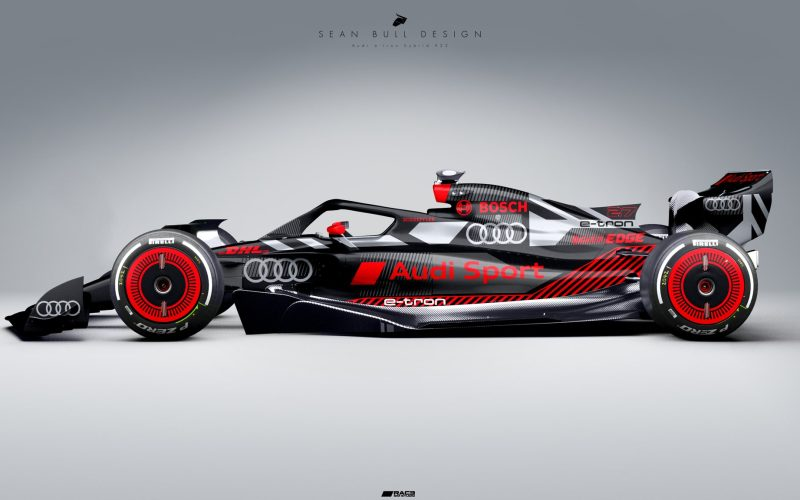
©SeanBull
“Don't forget that we are working within a regulatory framework where there is a fixed perimeter in terms of cost cap, for the capex.
"We cannot do like it was in the past when a car manufacturer came and joined F1 and made massive investment in one or two years. We need to act according to the rules.
“And these extra allowances for capex that have been approved in the F1 Commission and by the FIA will allow us to accelerate that investment plan.
“But as always this is a technology sport. So we need time. We need to take the right decisions. And this is why [Sauber CEO] Andreas [Seidl] is fully focused, of course, on the transformation process as our leader of the team to allocate the budget when it’s necessary, when it’s more performance-related.”
Keep up to date with all the F1 news via Facebook and Twitter




